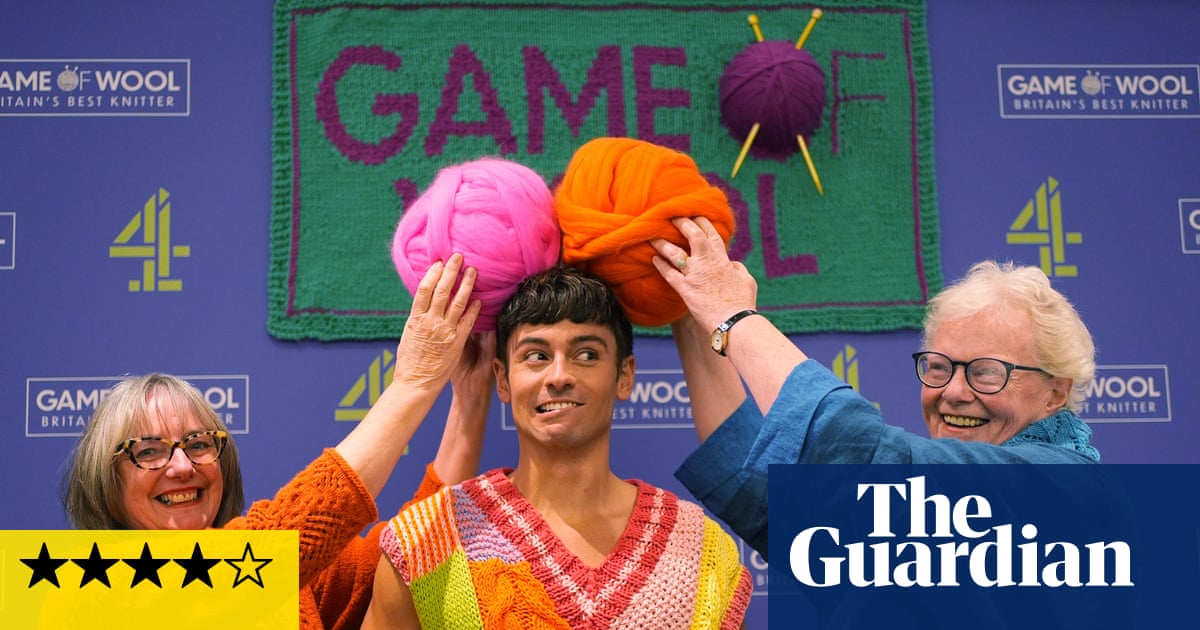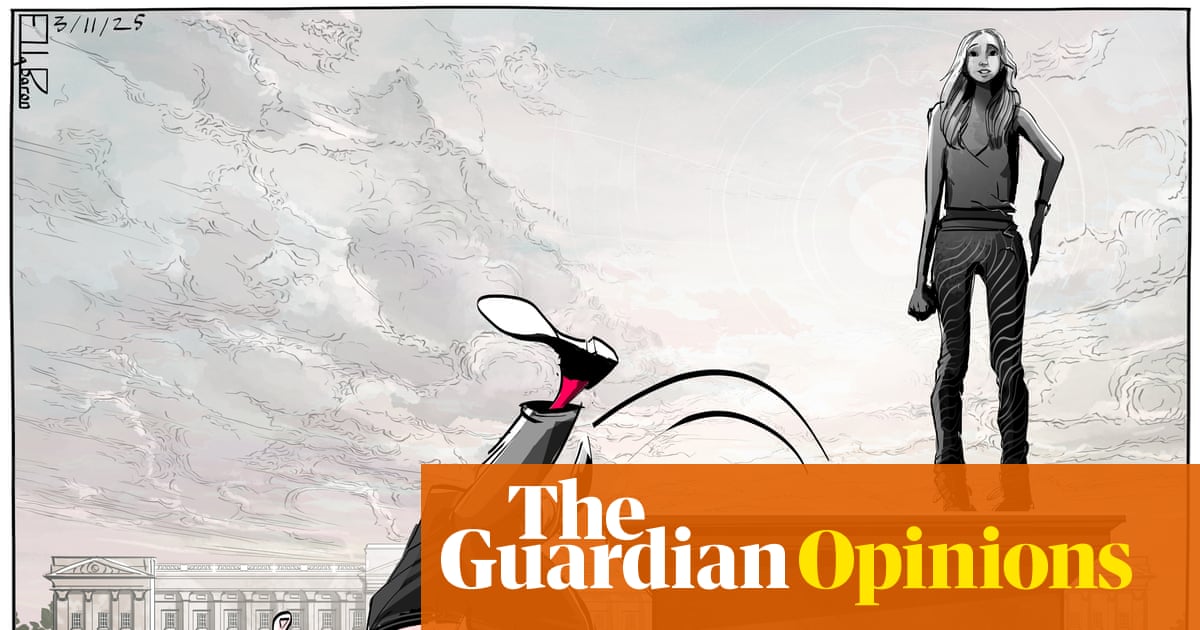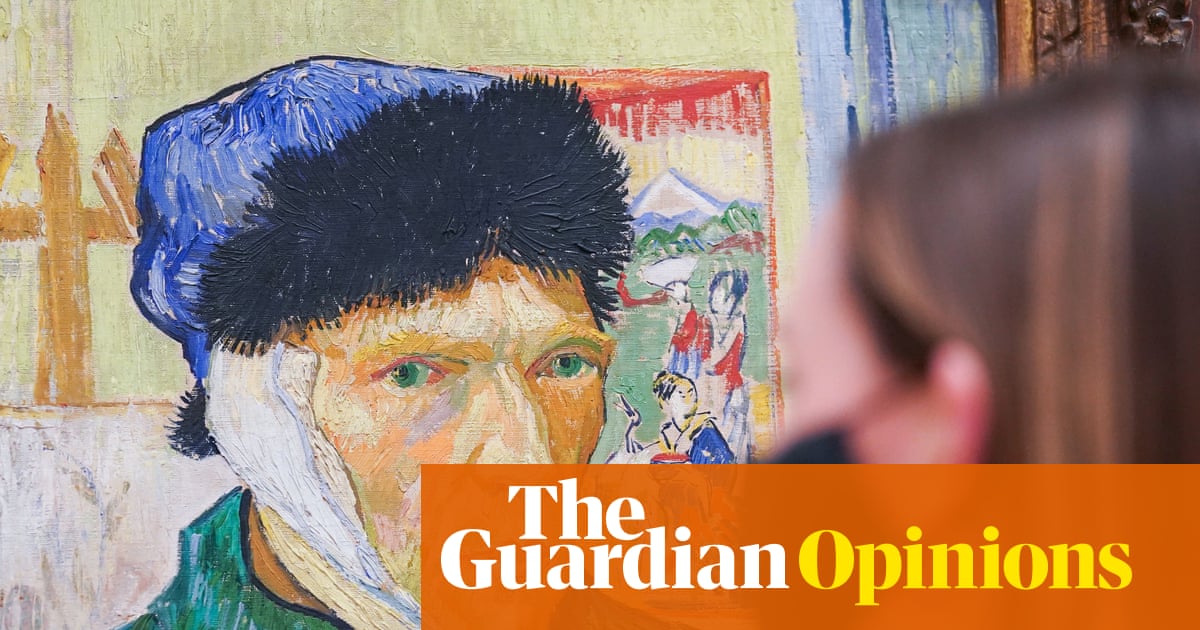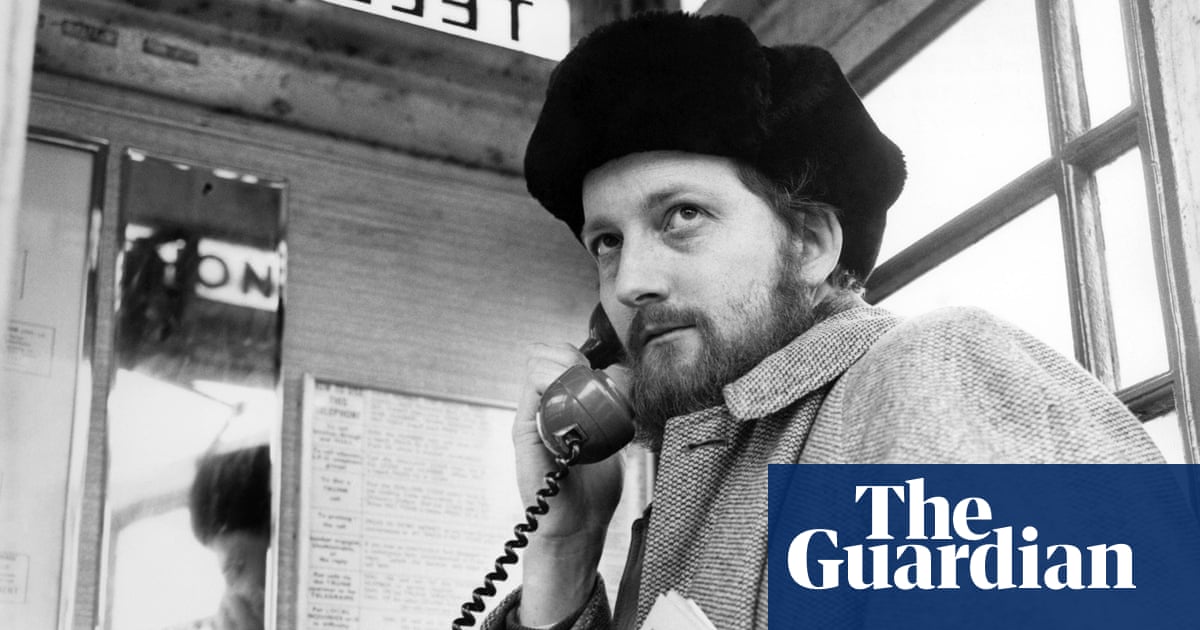September is a key moment in French cultural and social life. School term begins, parliament returns to session, new novels flood the market for awards season, and television and radio stations air their latest programmes. Among all the new starts, though, many people want to go back to basics. An episode of L’amour est dans le Pré (Love is in the Meadow) can do the job. The most popular dating show in France just premiered its 20th season, and 3.6 million fans (19% of the total TV audience) were glued to their sofas. The opening credits rolled to the tune of Michael Bublé’s Haven’t Met You Yet, and loyal viewers were captivated by 15 new candidates (12 men and three women), looking for true love.
Just like Farmer Wants a Wife, its British equivalent (both are produced by Fremantle media), the reality TV programme depicts a cast of farmers from every part of rural France – including overseas territories – trying to find their soulmates. The contenders’ video bios are broadcast, people write in expressing their interest, and shortlisted suitors embark on a speed-dating session on a riverboat, docked at the foot of the Eiffel Tower. Two of them are then invited to stay with their chosen farmer for a week. With the camera’s lens as a witness, Cupid does his magic … or not, as the case may be. Over 20 years, dozens of love stories have mushroomed, and at least 60 children have been born to couples brought together by the show.
This concept never managed to win over many British viewers: only two seasons of the original show were broadcast in the UK, in 2001 and 2009 – although a possible new season was mooted in May this year. It’s a different story on this side of the Channel. In a shattered society and a fast-changing world, the programme has struck a chord with French audiences.
I used to watch the show, never missing an episode, and would invite friends over to join me. As a rural kid turned Parisian hipster, however, I developed mixed feelings about the programme: it sometimes made fun of candidates’ regional accents, cultural tics, eating habits, faulty grammar, and their physical appearance. French cinema, literature and television have long focused on the urban upper class, leaving out a large part of the population. And when they have featured country folk, many popular comedy shows, such as Les Deschiens, Les Bronzés or the series and films of Les Bodin’s, routinely ridiculed them and depicted them as stupid. This is the paradox that bothered me: L’amour est dans le Pré does allow for more representation, but it often does so from a superior point of view.
In the years since the show started running in 2005, however, things have begun to change. Urban viewers’ stereotypes were sometimes reinforced by characters who corresponded to their idea of what a farmer was. After all, the show was supposed to be entertaining, and 80% of French people live in urban areas. What could be more fun or “cute” (a word used a lot by Karine Le Marchand, the show’s anchor for 15 years) than showing the hillbillies of the French countryside – an exotic world just at your doorstep – fall in love at first sight or get heartbroken? But it also provided a window into that world, and was one of the few spaces where rural French people saw themselves represented in the media. “Yes, L’amour est dans le Pré may have been created by city people, but it remains a rural show,” Romain Doyen, a member of the French Young Farmers union (Jeunes Agriculteurs), told me. “Growing up, what I watched on TV seemed like another world. I was 23 when I launched my farm – and when I first saw the programme. For the first time, I felt me and my people were being represented.”
Over time, the programme has challenged viewers’ assumptions in interesting ways. Yes, some farmers are desperate single men struggling on dairy farms, as you might expect. But others are hippies growing herbal essences, while some breed llamas, oysters and race horses, or harvest salt using traditional methods. They can work from wheelchairs, be rich men or old lesbians, or young tech enthusiasts. Viewers of L’amour est dans le Pré can find a lost or unexpected part of themselves. City folk can connect with farmers or their suitors through their shared desire to be loved or through their work ethic. In season 15, a gay bull breeder from the south shared his long-held dream of becoming a father with his suitor, as well as all the taboos he had to face.
If the rural and urban parts of France have long been pitted against each other, recently things have begun to change: people from across the country have been gathering to protect agricultural land from predatory projects (an airport, a highway, a fancy development). When villagers started to don yellow vests at every roundabout in the country to protest against the taxes on diesel, for once, the Parisian intelligentsia was forced to listen and put themselves in their shoes. And more recently, in January 2024, when thousands of farmers blocked roads to protest against food prices and potential subsidy cuts, Le Marchand climbed over the barricades for a special delivery: fresh croissants for the farmers. “So cute!”
after newsletter promotion
-
Anne-Laure Pineau is an independent writer based in Le Havre, France

.png) 1 month ago
40
1 month ago
40

















































